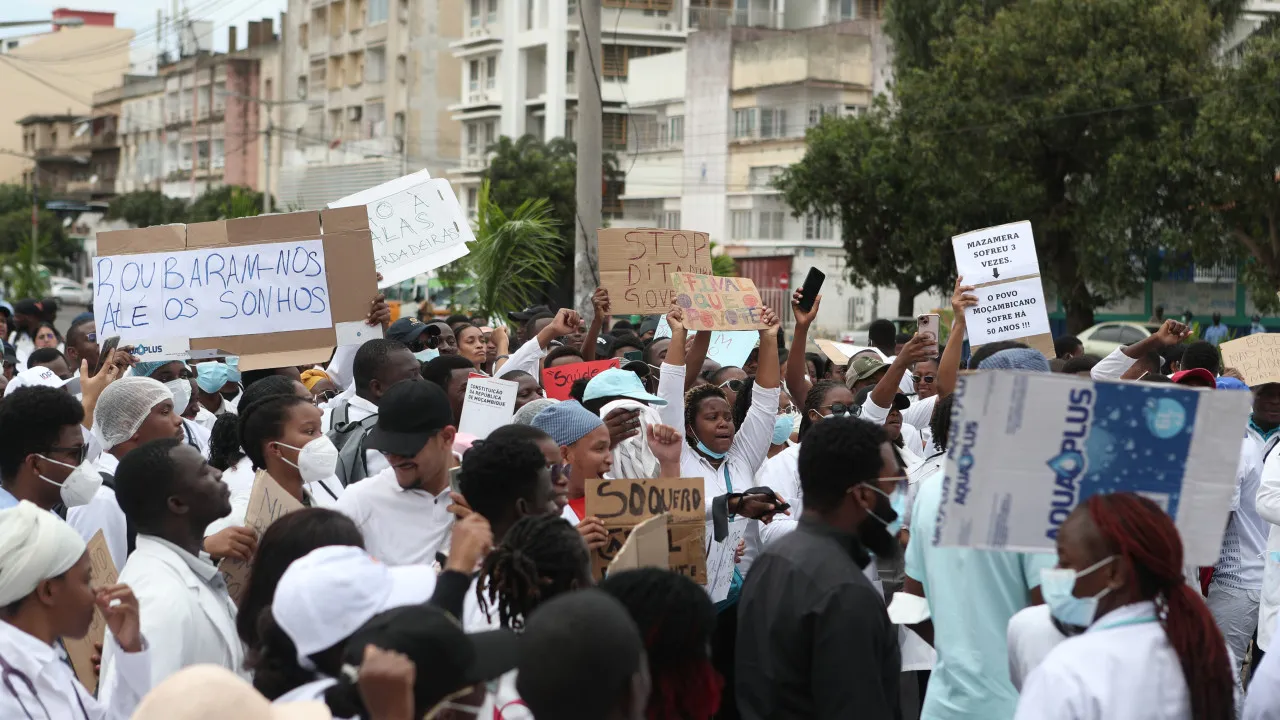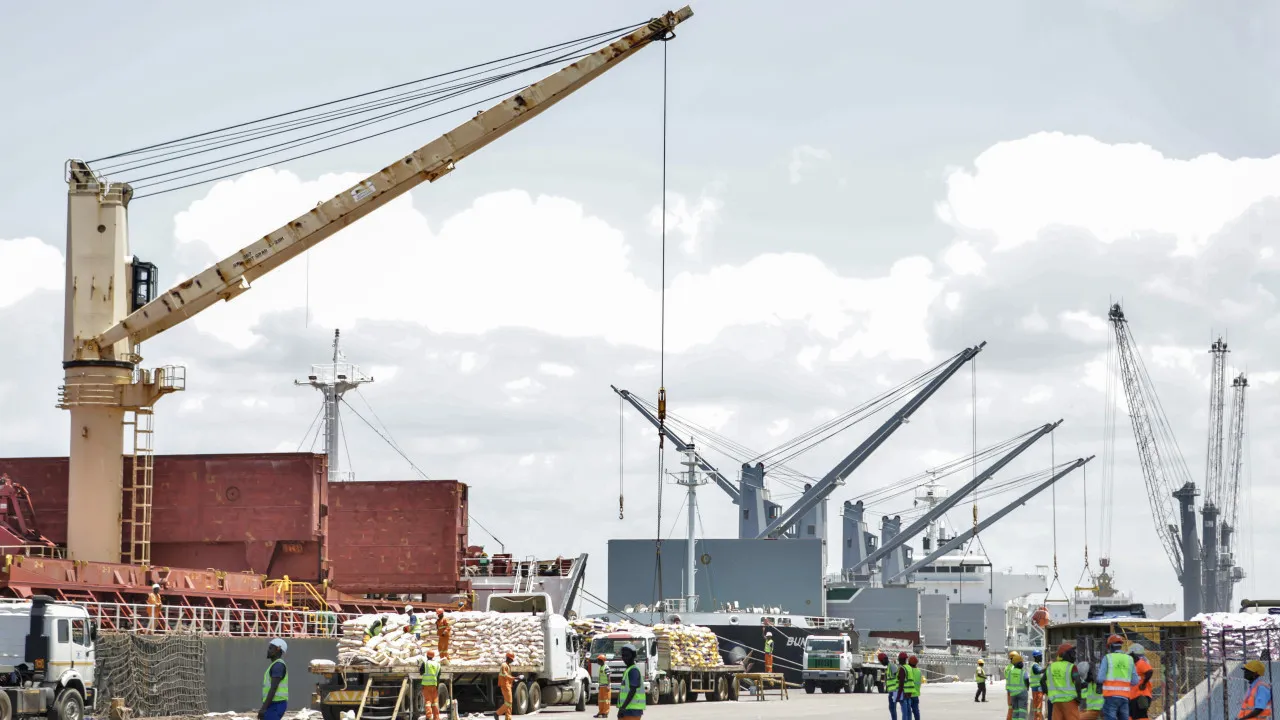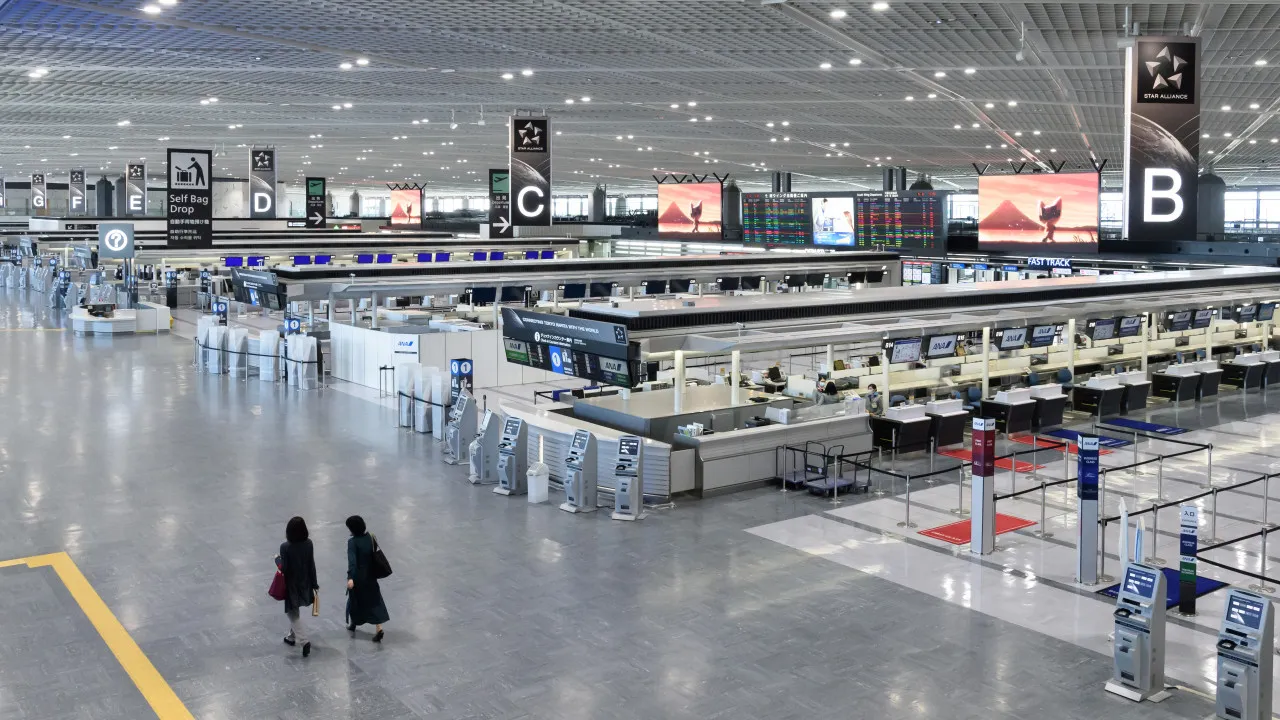
The Mozambican government estimates that the Gross Domestic Product (GDP) fell 10.14% short of its potential in 2024, due to the post-electoral crisis and the impact of cyclones, as indicated by an official forecast.
The Medium-Term Fiscal Scenario (CFMP) for 2026 to 2028, recently approved, shows that this gap was exceeded only in 2022, where GDP was 12.50% below potential. However, officials expect the 2025 economy to remain 2.78% under potential.
“This indicates the economy is significantly underperforming, largely due to the post-electoral crisis and the impact of Cyclone Chido recorded in December 2024,” states the document.
The document notes that “although the economy may recover in 2025,” the “GDP gap is expected to remain negative” in the following year, “meaning it will still be below capacity, due to persistent cumulative effects from recent shocks.”
The government anticipates a reversal of this scenario in 2026, “supported by measures aimed at economic recovery.”
The structural forecasts alert to “exogenous fiscal risks that could adversely affect the macro-fiscal framework [2026 to 2028], notably potential natural disasters, security threats in the north, and persistent post-electoral disturbances.”
It adds that “Mozambique’s geographic location makes it particularly vulnerable to cyclical extreme weather events, which adversely impact the population and less resilient infrastructure, compromising socio-economic and fiscal stability.”
The government states that recent projections indicate the “neutral phase” of El Niño will persist until the start of the next rainy season in October, after which “there are signs of a possible transition to typical La Niña conditions,” which “tend to increase precipitation in the central and southern regions.”
Finance Minister Carla Loveira noted on June 16 that Mozambique’s economic and financial scenario remains “challenging,” acknowledging impacts from the social tension post-elections in the year’s first quarter.
She recalled macroeconomic management challenges in recent years, exacerbated by external and internal shocks profoundly affecting the economy, such as terrorism in Cabo Delgado, extreme weather, and “violent protests” following the October 9 elections.
These resulted in “destruction of public and private infrastructure, leading to a 3.6 percentage point economic slowdown in 2024, with GDP at 1.9% against the projected 5.5% in the PESOE [Economic and Social Plan and State Budget] for that year,” she said.
“This situation continued into the first quarter of 2025, with GDP showing a negative 3.9% change compared to the same period in 2024, influenced by negative variations in the secondary sector of 16.2%, followed by the tertiary sector with a negative variation of 8%,” added Carla Loveira.




